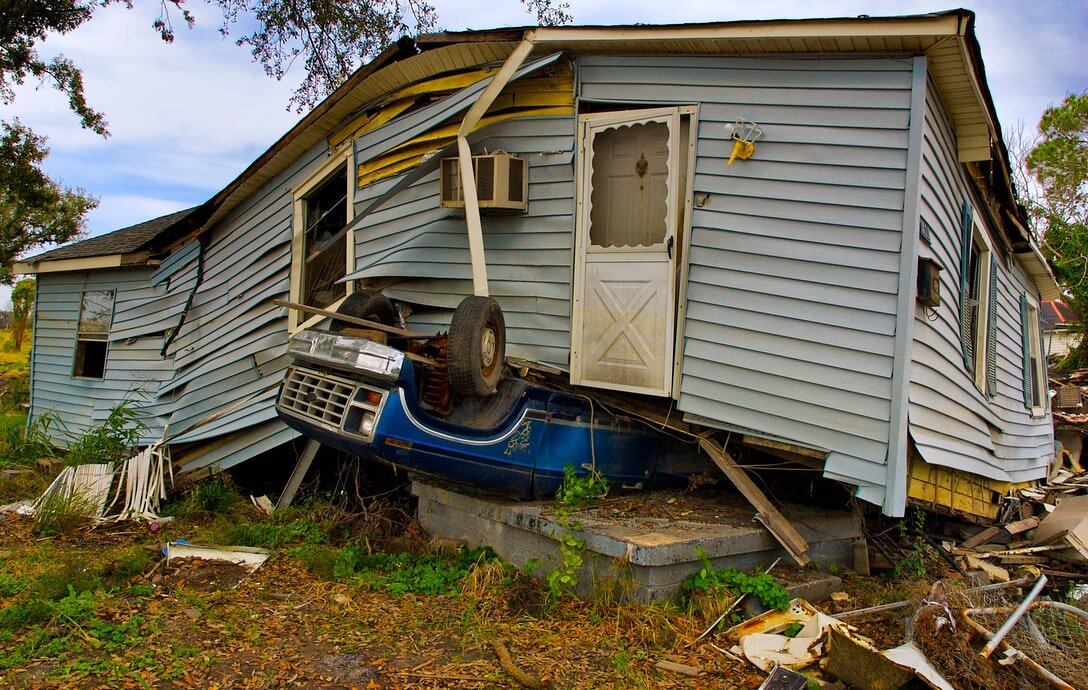Our Living Encyclopedia is part of our work in creating Living Knowledges. Here you will find community led and scientifically rooted reportings that are in constant progression as injustice is an evolving phenomena.
Living Knowledges is a realm where knowledge finds a sanctuary to flourish, evolve, and expand beyond the confines of conventional repositories. It is a dynamic space dedicated to storing and nurturing knowledge in a manner that allows it to adapt, transform, and grow with the passage of time.
This is a digital ecosystem designed to accommodate the vast array of information amassed by humanity. It goes beyond the static nature of traditional libraries and archives, embracing the concept of living ideas that continuously evolve. Thus, knowledge is envisioned as a living entity that undergoes perpetual enhancement and refinement. Every piece of information is treated as a seed, capable of germinating, branching out, and cross-pollinating with other ideas.
How the Living Encyclopedia works
The Living Encyclopedia is colour coded to help guide people to the right type of content. Here’s a quick guide to what each category means.
ARTICLE
a short form essay-like piece of work
DATA-STUDY
a data led exploration into a topic
DECLARATION
a declaration made by a group of People
DEFINITION
short form copy detailing a specific phenomema
IMAGINATION LAB
a special event to ideate on a specific topic
PAMPHLET
a shareable output from research
AUDIO REPORT
a spoken word conversation and reporting
REPORT
a long form piece of work
Mapping & navigating British systems of power
This working board is for people who are not “professionals” within the legal, policy, or advocacy space (NGOs) but for community-led organisers looking to develop action plans and theory of change models. The MIRO board has a series of instructions after an introduction section that you can refer to at different times.
Environmental Data for Health Justice Working Board
The purpose of the Environmental Data for Health Justice board is to build confidence in how those seeking structural health justice outcomes through research, campaigns, and other forms of advocacy use data as a language to directly address health injustices and develop strategies for health justice.
Language Stripes
Languages can be a powerful tool to relate to and interconnect with the natural world. Indigenous languages––those developed by First Nations Peoples––embody a deep ecological knowledge that is critical to protecting nature. Biodiversity and Indigenous languages are undeniably intertwined.
The Peoples’ Obesity Justice Pamphlet
As a first step towards obesity health justice, we have created The People’s Obesity Pamphlet, a resource for the people, by the people. This is a tool for harm reduction and the promotion of autonomy for people who are experiencing obesity.
The Making of “The Peoples’ Obesity Justice Pamphlet”
Here we provide a brief overview of the creation of “The People’s Obesity Justice Pamphlet”.
Towards Obesity Health Justice
This work aims to demonstrate the harm of the dominant, individualised, narrative of obesity. We present an alternative understanding that views obesity through a neuro-epidemiological, environmental and sociopolitical lens. This serves as an avenue for people who are experiencing obesity to understand their disease and explore potential methods of self-care, self-advocacy and safeguarding.
Endocrine Disruptors
Endocrine disruptors are chemicals that are ingested from our external environment through our skin, respiratory tracks, and mouth.
Right to Pollute Policies and their Epistemological Roots
This project brought together people with knowledges across a variety of policy, organising in healthcare and the criminal justice system, as well as environmental and climate justice.
A Declaration for Air
On 11th October 2023, 14 people, ranging from the fields of medicine, policy, law, abolition, science, data science, economics, and art gathered to declare our right to access AIR.
Growing Up in Crisis, a Conversation
A small group of practitioners and parents gathered with members from the Centric Lab team for a roundtable to discuss the definition, identification, and cause of the acute childhood crisis as well as how we respond to the crisis through the informal care of communities and the formal care of healthcare systems.
The Living Indigenous Encyclopaedias for Health Justice
We are very proud and excited to launch this living wisdoms ecosystem. We are coining this term as Knowledges are alive, they evolve through interaction with culture, events, and time. This term also highlights that Indigenous Knowledges are still relevant and will always keep evolving to support our survival and healing.
Principles for Engaging with Traditional Ecological Knowledges in Urban Systems
These are working principles set forth by a group of Indigenous Peoples and Land-Kinned Peoples (IP & L-KP) who gathered in the UK. We see this both as a starting point and an evolving process. These principles are the first iteration, as they interact with more Peoples they will change and evolve.
Envisioning a Healthier Urban Way of Living: Indigenous Sovereignty in Los Angeles and Beyond
While many would argue that there is not one Los Angeles but multiple LAs, what is less known is that there are multiple Indigenous LAs whose histories are layered into the fabric of the city.
Pathways to Poor Health (health injustice) for Indigenous Peoples
There are disproportionately high rates of psychological and psychological distress and health disparities among Indigenous Peoples. That is, regardless of their geographical location or sociopolitical situation, health indicators are always poorer for Indigenous Peoples than for non Indigenous ones.
Non-Western Approaches to Healing
These two essays reflect on non-western healing epistemologies, both as an opportunity for healing and as a response to the harms of the western medical industrial complex.
Reframing Trauma
Trauma also creates systemic biological and cellular changes. For example, it can change our gut bacteria environment, which has implications for obesity. In cases of acute trauma, some can experience PTSD, which creates neurobiological abnormalities which alters the function of various biological systems, this too has implications for obesity.
Reframing Diabetes
Type 2 diabetes is a metabolic disorder, which prevents the body’s ability to regulate glucose, it can turn into a lifelong condition, when it is not caught early or left untreated.
Reframing Depression
It is crucial that we understand that depression is more than just a mood disorder; it has a complex symptomatology that includes a range of mental and physical symptoms, and every individual experiences a different combination and severity of these symptoms.
Planetary Dysregulation
“Planetary dysregulation is the impaired ability of planetary systems to maintain the processes required for self-regulation, particularly due to unsustainable exploitation of ecosystems and chronic exposure to industrial contamination”.
Biological Inequity
Biological inequity, also known as biological inequality, refers to “systematic, unfair, and avoidable stress-related biological differences which increase risk of disease, observed between social groups of a population”.



















